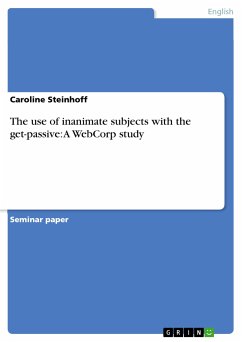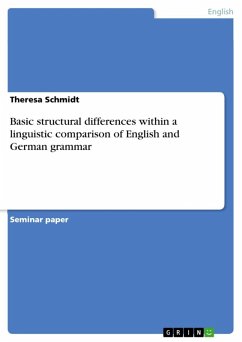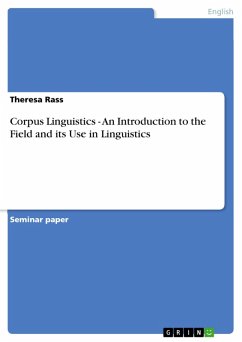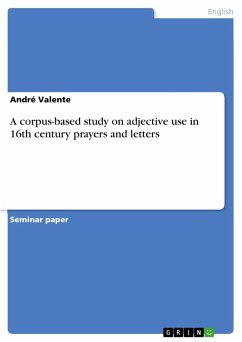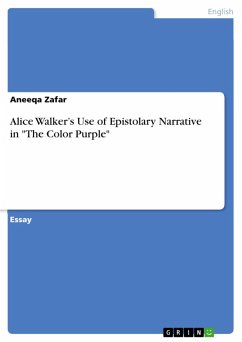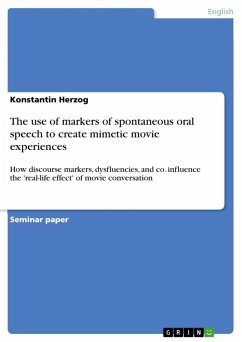Seminar paper from the year 2008 in the subject English Language and Literature Studies - Linguistics, grade: 1,0, University of Paderborn, course: The Web as a Linguistic Corpus, language: English, abstract: This paper is concerned with the use of the internet in linguistic research. The phenomenon under investigation is the get-passive. In a first step, I will outline reasons for and problems with using the web as a linguistic corpus. After this, I will explain the linguistic phenomenon "get-passive", taking into account the debate on the term itself, typical characteristics of the get-passive and its diachronic development. The next step will be the description and analysis of the WebCorp study on get-passives as opposed to be-passives. In this way, I hope to be able to show whether the constraints traditionally attributed to get-passives, in particular animacy of the subject, are still in force, or in how far they are lessening, possibly making the get-passive an equivalent contestant to the be-passive. Differences between British and American English will be examined in order to find out whether either variant is more advanced.
Dieser Download kann aus rechtlichen Gründen nur mit Rechnungsadresse in A, B, BG, CY, CZ, D, DK, EW, E, FIN, F, GR, HR, H, IRL, I, LT, L, LR, M, NL, PL, P, R, S, SLO, SK ausgeliefert werden.

